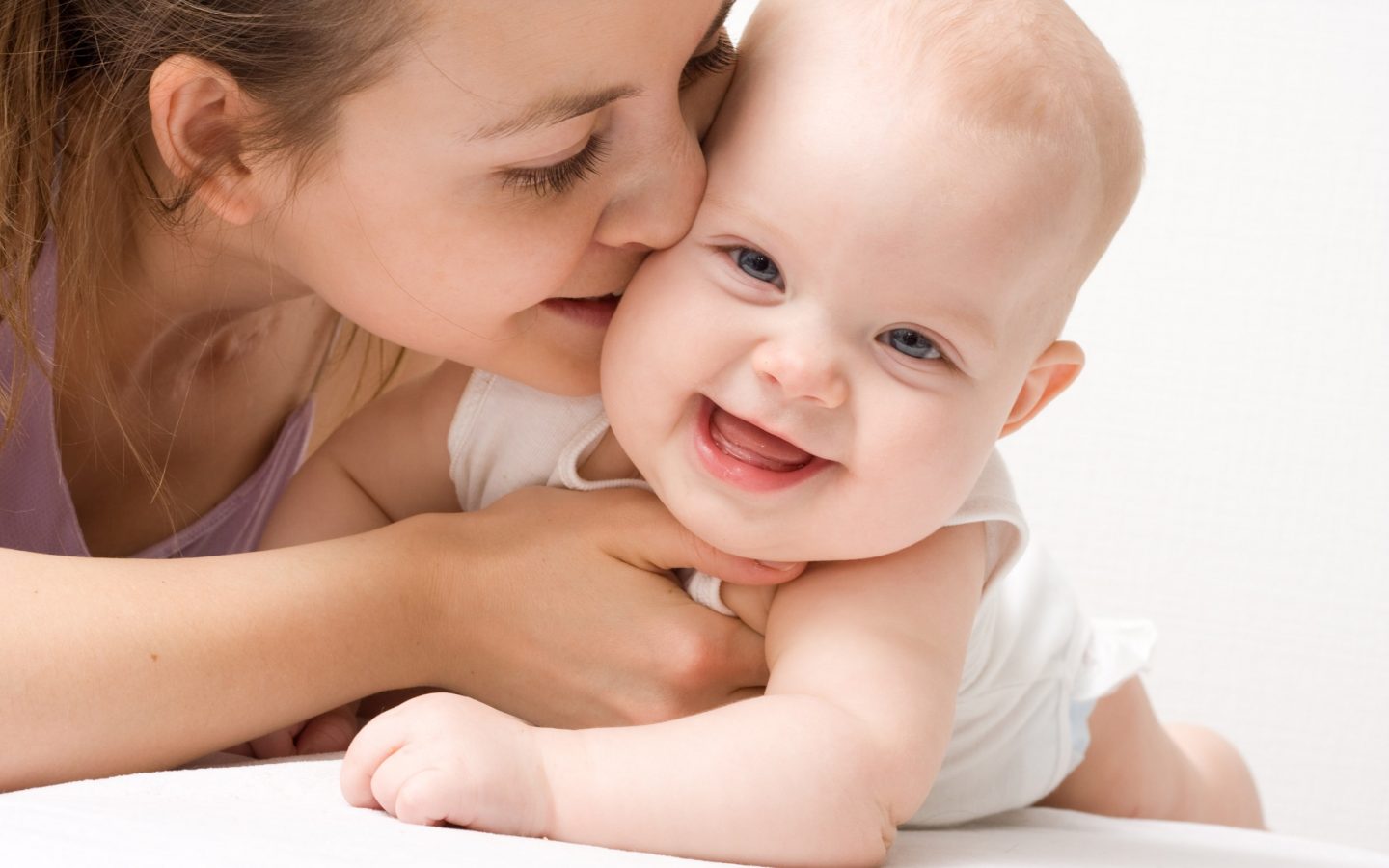Mindfulness can help new mothers to cope…
The birth of a baby is momentous and joyful on many levels. However for many mothers it can also be overwhelming and stressful as they learn the ropes of looking after a newborn baby. There is also the process of adjusting to the loss of pre-baby freedom as women find themselves more restrained by the responsibilities of looking after a baby. Loneliness, monotony and tiredness due to interrupted sleep can lead to feelings of stress and frustration as mothers feel they are struggling to live up to the “ideal” mother stereotype. So how can mindfulness help new mothers to cope with these issues?
What is mindfulness?
Simply put, mindfulness is the practice of being fully present with the way things are right here, right now. It also involves being able to accept things as they are, even if they are not ideal. That means if you are having a bad day and wishing you were back at work instead of at home with your baby, you acknowledge and accept this without criticism of yourself. By learning to do this you can be more conscious about the way you are feeling and acting and therefore identify strategies that help you to cope better. The opposite of this is living on autopilot, where you are not making conscious decisions about your well-being. Instead you unconsciously repeat patterns of behaviour and emotional responses that sabotage your well-being and problem-solving ability. Being mindful helps you get off autopilot and back into living more consciously, with greater acceptance and kindness towards yourself, and the ability to find more constructive ways to deal with the struggles and frustrations of being a new mother.
Three Quick and Easy Mindfulness Practices
Mindfulness is usually taught through the practice of focusing on your breath or scanning your body to notice sensations. These meditation practices usually run from 10 minutes up to 1 hour. For most mothers finding 10 minutes for yourself without interruption is very difficult, and usually a low priority. However the good news is that we can still get the benefits of mindful meditation practice by doing it in short bursts throughout the day or paring it up with an activity we are already doing so no extra time is required.
Here are three examples of how to do this:
- Choose a routine daily task or activity and fully focus your attention on the experience of doing it through your five senses of sight, sound, smell, touch and taste. For example when taking a shower try focussing your attention for one whole minute (or longer if you can) on the feeling of the water on your skin, the site of the water droplets coming from the shower head, the temperature of the water, the smell of the soap, the sound of the shower, the taste of the water. Notice how this feels and the way it brings you back into the here and now.
- We often hear the advice given to stop and take 10 breaths. By taking these mindful breaths we can get so much more benefit that helps us to cope more consciously and constructively with stress we may be experiencing. To do this try and stop what you’re doing if you can. If not try doing this anyway as you continue with a task or activity. If possible try and hold your gaze steady on a particular spot or object as you take each breath. Follow this pattern of breathing:
• Breathe in through your nose to the count of 4.
• Next hold your breath for the count of 4.
• Then breathe out slowly through your nose or mouth to the count of 8.
By lengthening the breath out to be twice as long as the breath in we are maximising the stress reduction effects of breathing on our body and our brain. - Learn to be more mindful of your own thoughts. The way you talk to yourself, especially in relation to the words and tone you use in your thoughts has a significant effect on your stress levels and your capacity to cope. If you notice you are always being critical, harsh, and comparing yourself negatively to others it’s time to put a stop to that. Think about the way you would speak to a close friend who was suffering like you are, and be that same friend to yourself that is patient, compassionate and kind.
Do you need help coping with the adjustments to being a new mother?
If you feel you are not coping with the demands of new motherhood then consider getting help sooner rather than later. Working with new mothers is one of our areas of special interest and expertise and we have a number of professional and friendly psychologists available to help you.
Ahead Psychology is an established and trusted private practice of Brisbane North psychologists. Our psychologists provide expert, patient centred care in a compassionate and confidential environment. We are passionate about helping people find strength and joy in themselves, their work, their relationships, their families and their lives and can help with wide range of emotional, behavioural and interpersonal problems including mindfulness for new mums. To find out more about our psychologists, or book an appointment please call us (07) 3352 3577 or use our online Request a Booking form

